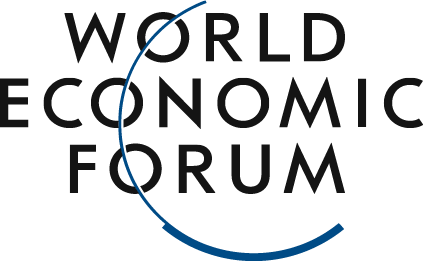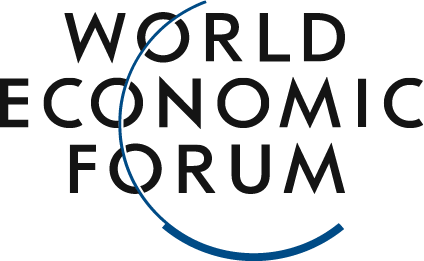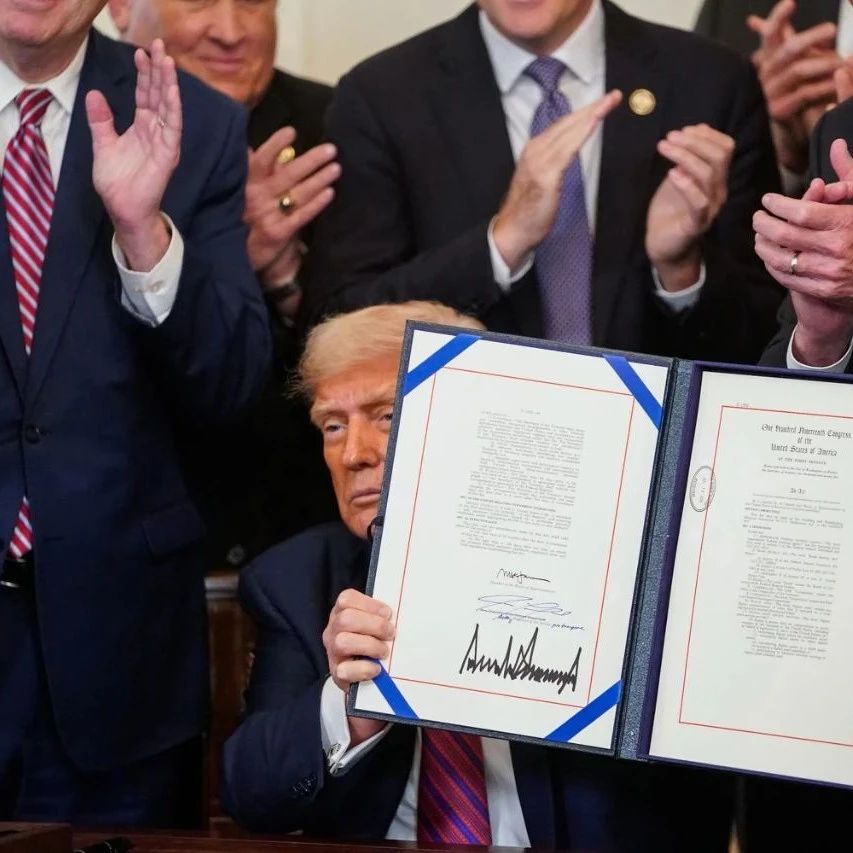Home/News/Investing in women's health is not only a moral obligation but also a strategic necessity./
Investing in women's health is not only a moral obligation but also a strategic necessity.
2024-12-04
:Getty Images
Alaa Murabit
·
Amira Ghouaibi
To ensure the global agenda accurately, comprehensively, and inclusively reflects women’s needs and aspirations, we must first make sure that women are at the heart of the conversation and take on leadership roles—rather than being relegated to secondary positions in their own stories.2. Supporting women and girls in exercising their bodily autonomyToday, nearly half of all pregnancies are unintended, and 164 million people have unmet contraceptive needs. In a world like this, it’s crucial to ensure that women can make informed decisions about their own bodies—covering both reproductive and sexual health.It is essential to ensure that women and girls have access to the information and health services they need, empowering them to become the guardians of their own well-being.This means that women and girls can make positive contributions to society without coercion or discrimination, fostering the overall prosperity of families, communities, and economies.3. Supporting adolescent girls in breaking the cycle of poverty and diseaseWomen require more healthcare services, face higher medical costs than men, and are more likely to fall into poverty."One of the guardians, former First Lady of Namibia Monica Geingos, stated: 'To break the vicious cycle of poverty and disease that has plagued generations of women, we must empower adolescent girls by ensuring they have access to education and healthcare—and by fostering a stigma-free environment where they can thrive and feel secure about their future.'"4. Promoting gender mainstreaming in healthcare to advance women's healthWomen's health issues go beyond diseases unique to women. Women often experience symptoms differently from men in a range of conditions, such as heart disease, migraines, and depression—but these differences haven’t received enough attention in medical research, healthcare investment, and public health responses.It is essential to examine the entire scope and lifecycle of health and healthcare from a female perspective, in order to better understand and identify all the health disparities women face—and ultimately help narrow the gender health gap.5. Maximizing women's social and political capitalMaximizing women's social and political capital requires the active involvement of multiple stakeholders, working together to strengthen women's influence, engagement, and representation across society. This encompasses their participation in public life, the proportion of leadership positions they hold, their involvement in the economy, and their impact within the family.Dr. Zainab Shinkafi-Bagudu, a Guardian and founder and CEO of the Medicaid Cancer Foundation, stated: "Ensuring that women have access to the social and political capital they deserve is a crucial step toward addressing the social determinants contributing to gender health disparities—and ultimately improving women's overall health."Over the next year, the Global Women’s Health Alliance will continue collaborating with advocates to focus on various aspects of women’s health that demand urgent global attention, while fostering thought leadership, innovation, and policy development—ultimately working toward a more equitable future that fully closes the gender gap for women.The World Economic Forum leverages its unique strengths to mobilize key stakeholders and resources essential for advancing global women's health.The Global Women’s Health Alliance welcomes all passionate, driven leaders to join the global movement—working together to place women’s health at the heart of the global agenda, empowering women and girls worldwide to embrace a confident future and brighter well-being.The above content represents the author's personal views only.This article is translated from the World Economic Forum's Agenda blog; the Chinese version is for reference purposes only.Feel free to share this on WeChat Moments; please leave a comment below the post if you’d like to republish.
Translated by: Di Chenjing | Edited by: Wang Can
The World Economic Forum is an independent and neutral platform dedicated to bringing together diverse perspectives to discuss critical global, regional, and industry-specific issues.
Follow us on Weibo, WeChat Video Accounts, Douyin, and Xiaohongshu!
"World Economic Forum"





